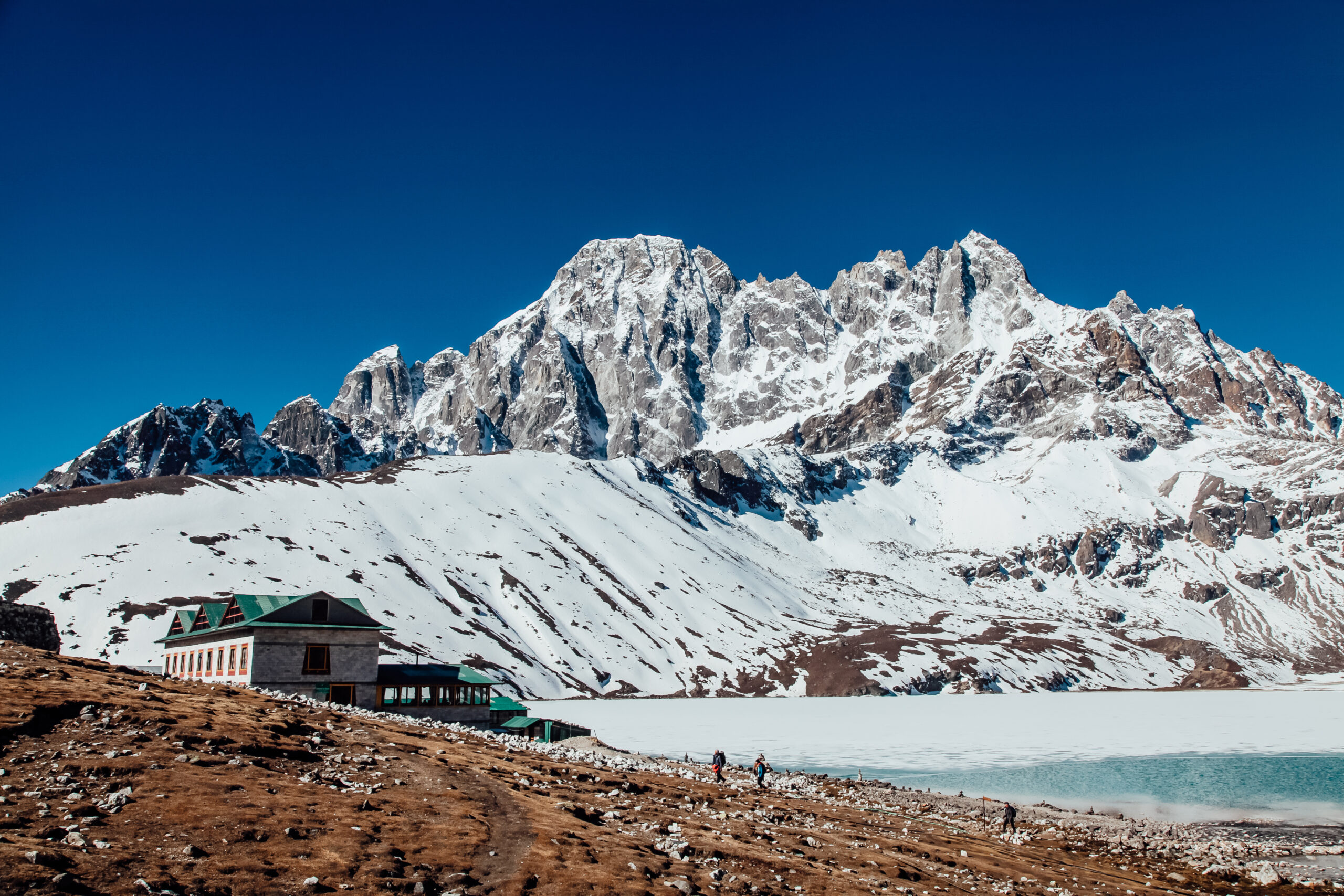Nepal, nestled in the heart of the Himalayas, is a land of awe-inspiring landscapes, a rich cultural tapestry, and an indomitable spirit reverberating through its mountains. As explorers embark on a journey to uncover Nepal, they find themselves immersed in a world where majestic peaks, diverse traditions, and the warm hospitality of the Nepalese people converge to create an unforgettable experience.
Table of Contents
Majestic Peaks: A Symphony of Himalayan Giants
Nepal, synonymous with towering peaks, boasts the crown jewel, Mount Everest, attracting adventurers, mountaineers, and nature enthusiasts globally. However, Nepal’s Himalayan range offers more than Everest. In the Annapurna and Langtang regions, trekkers encounter their own magnificent peaks, providing a diverse range of trekking and mountaineering experiences.
Everest Region: Scaling the Roof of the World
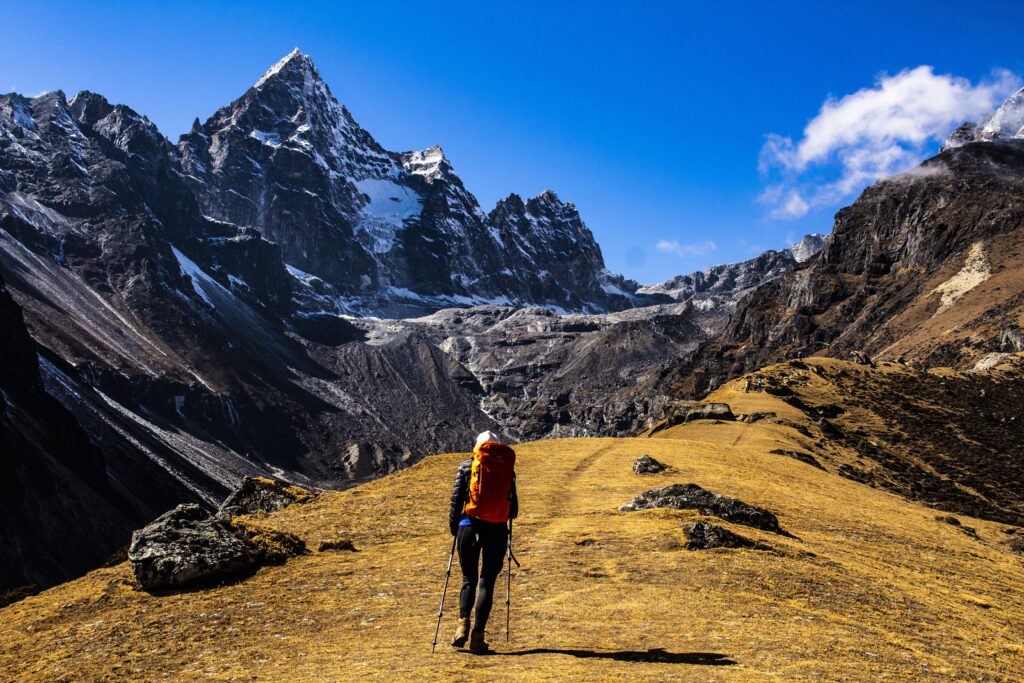
The Everest region, home to Sagarmatha National Park, is a testament to nature’s grandeur. Trekking to Everest Base Camp is a pilgrimage, offering a chance to witness the world’s highest peak up close and traverse Sherpa villages, monasteries, and pristine alpine landscapes. Stops at Namche Bazaar, Tengboche, and Gorak Shep provide unique perspectives, blending physical challenge with cultural immersion.
Annapurna Circuit: An Odyssey of Landscapes
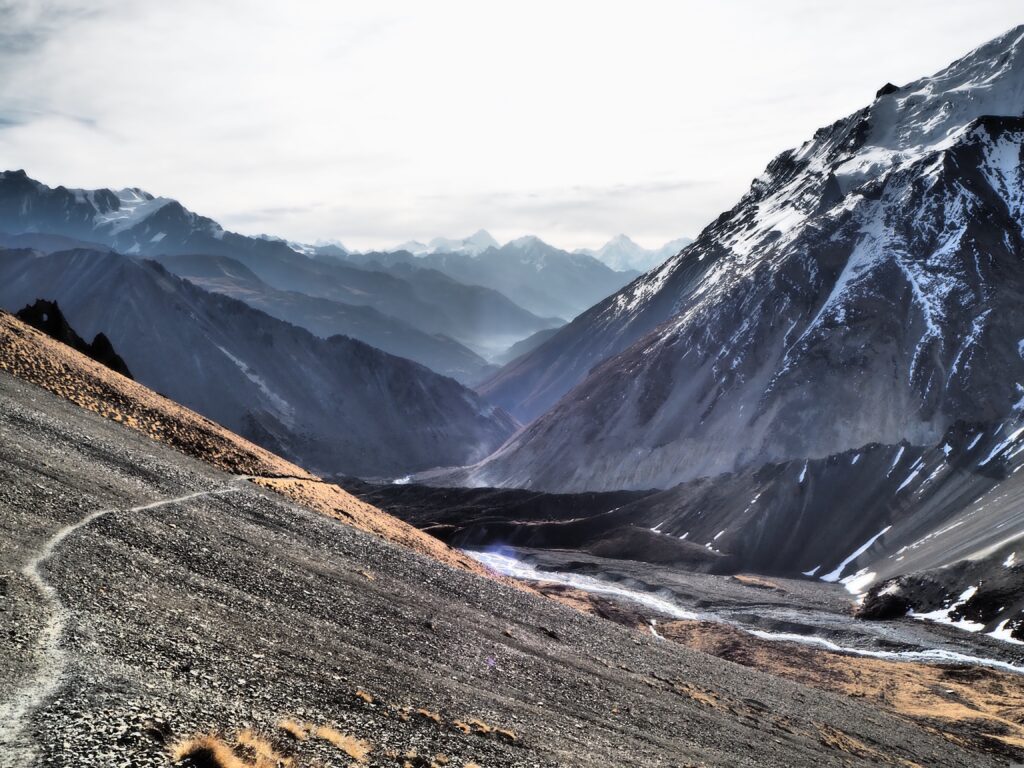
The Annapurna Circuit is a trekker’s paradise, encompassing lush subtropical forests to high-altitude deserts. This circuit takes trekkers around the Annapurna Massif, providing panoramic views of Annapurna, Dhaulagiri, Machapuchare, and other peaks. Encounters with diverse ethnic communities, including Gurungs, Magars, and Manangis, enrich the cultural mosaic, making each step a cultural revelation.
Langtang Valley: A Himalayan Gem
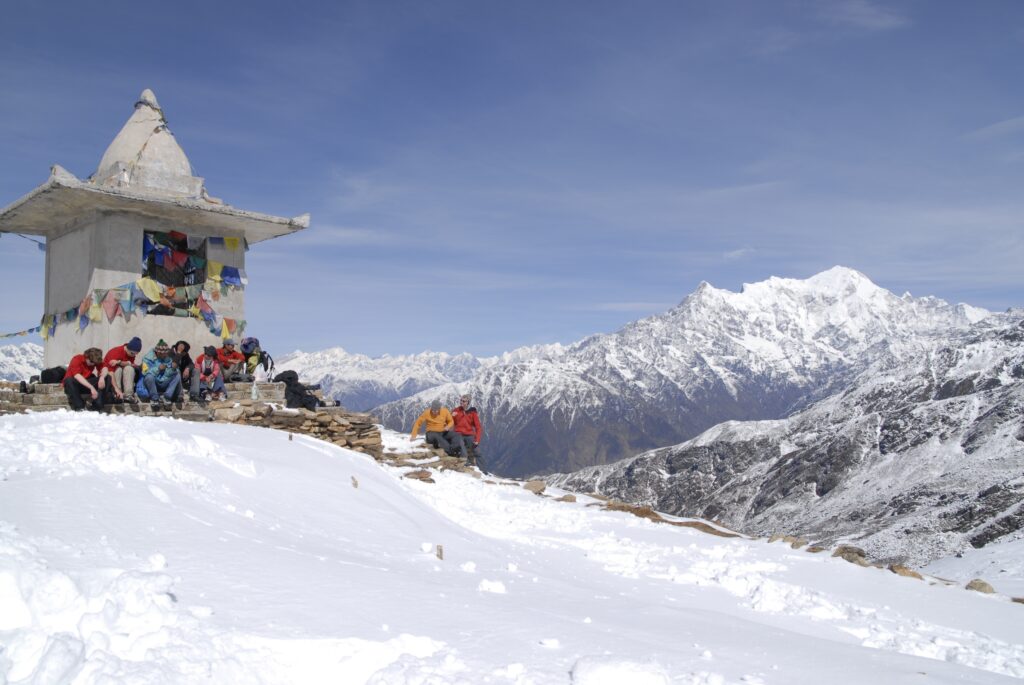
Less frequented than Everest and Annapurna, the Langtang Valley offers a tranquil escape into the heart of the Himalayas. Trekking through rhododendron forests, yak pastures, and traditional Tamang villages allows visitors to experience the serene beauty of Langtang. Despite being profoundly affected by the 2015 earthquake, responsible and sustainable tourism remains crucial for the region’s recovery.
Cultural Tapestry: Traditions That Transcend Time
Nepal’s cultural heritage is as diverse as its landscapes, with a fusion of Hindu and Buddhist traditions and a plethora of ethnic groups. This diversity creates a vibrant and harmonious cultural tapestry woven into the fabric of daily life.
Kathmandu Valley: A Living Museum
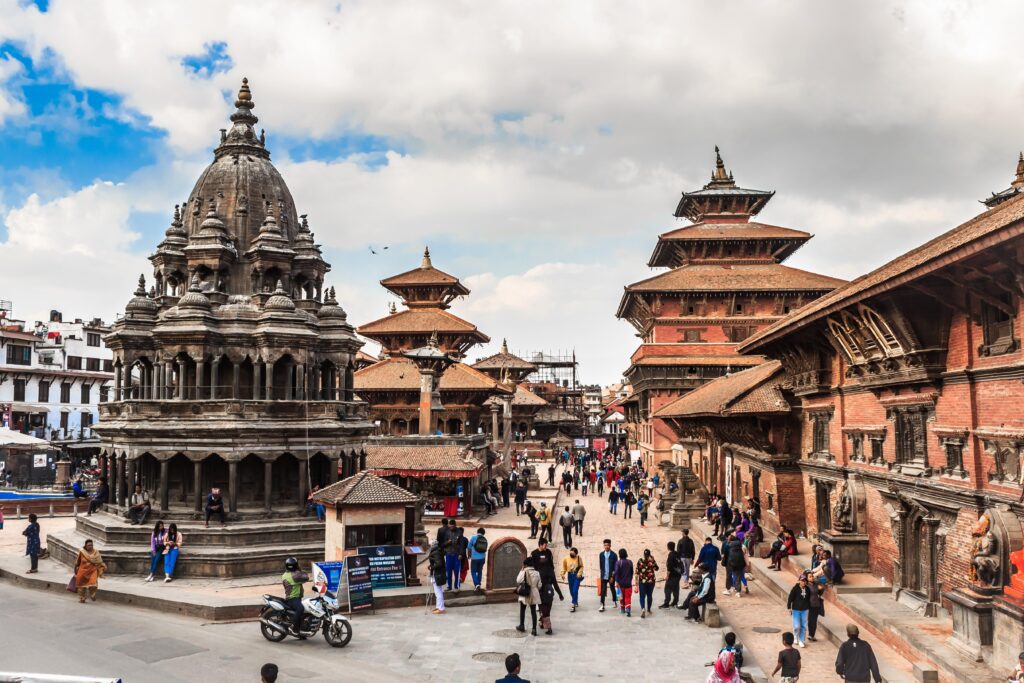
The Kathmandu Valley, with its three ancient cities—Kathmandu, Bhaktapur, and Patan—is a living museum of art, architecture, and spirituality. Durbar Squares in each city showcase intricately carved palaces, courtyards, and temples. The Swayambhunath stupa, or Monkey Temple, offers panoramic views and symbolizes religious harmony.
Lumbini: Birthplace of the Buddha
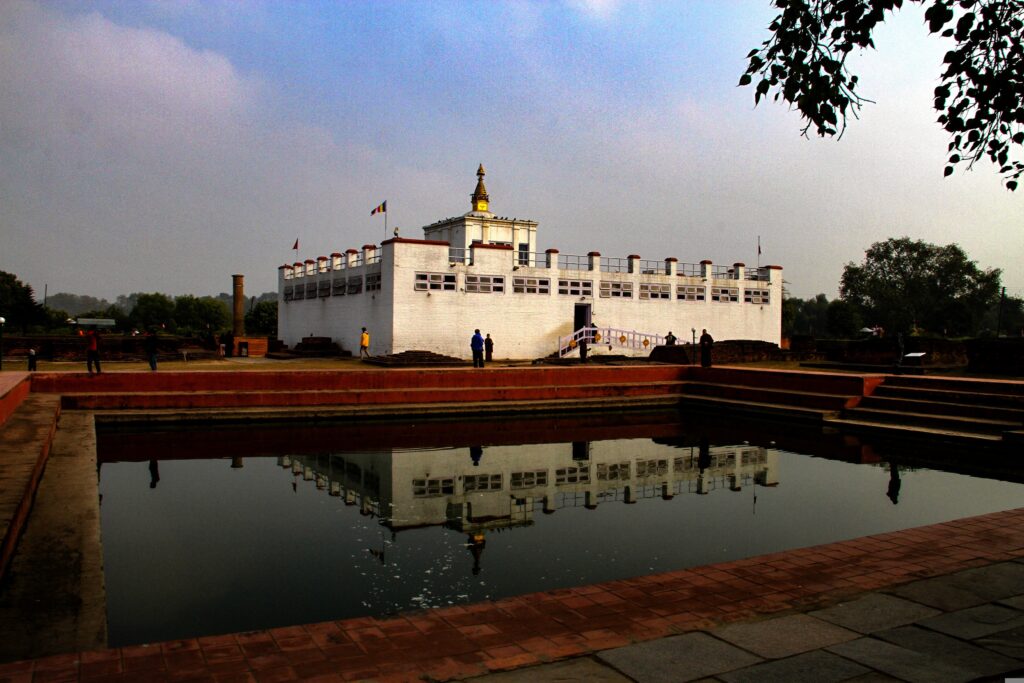
Lumbini, in the Rupandehi District, is a pilgrimage site for Buddhists worldwide, being the birthplace of Siddhartha Gautama, who later became Gautama Buddha. The sacred garden, Maya Devi Temple, and various monasteries create an atmosphere of tranquility and introspection.
Festivals: A Celebration of Diversity
Nepal’s calendar is adorned with vibrant festivals celebrating diverse cultural and religious practices. Dashain, Tihar, Holi, and Indra Jatra showcase Nepal’s rich cultural heritage with music, dance, religious rituals, and the warmth of familial and communal bonds.
The Spirit of the Himalayas: Hospitality and Resilience
Beyond natural beauty and cultural richness, the spirit of the Nepalese people leaves an indelible mark. The hospitality, often showcased in the traditional saying “Atithi Devo Bhava” (The guest is God), reflects a culture rooted in warmth and generosity.
Tea Houses on the Trails: Tales of Kindness
While trekking through the Himalayas, travelers find solace and companionship in tea houses dotting the trails. These lodges, run by local families, provide shelter and sustenance and become spaces for cultural exchange and storytelling. The resilience of these families, rebuilding homes and businesses after natural disasters, is a testament to the unwavering spirit.
Post-Earthquake Resilience: Rebuilding with Hope
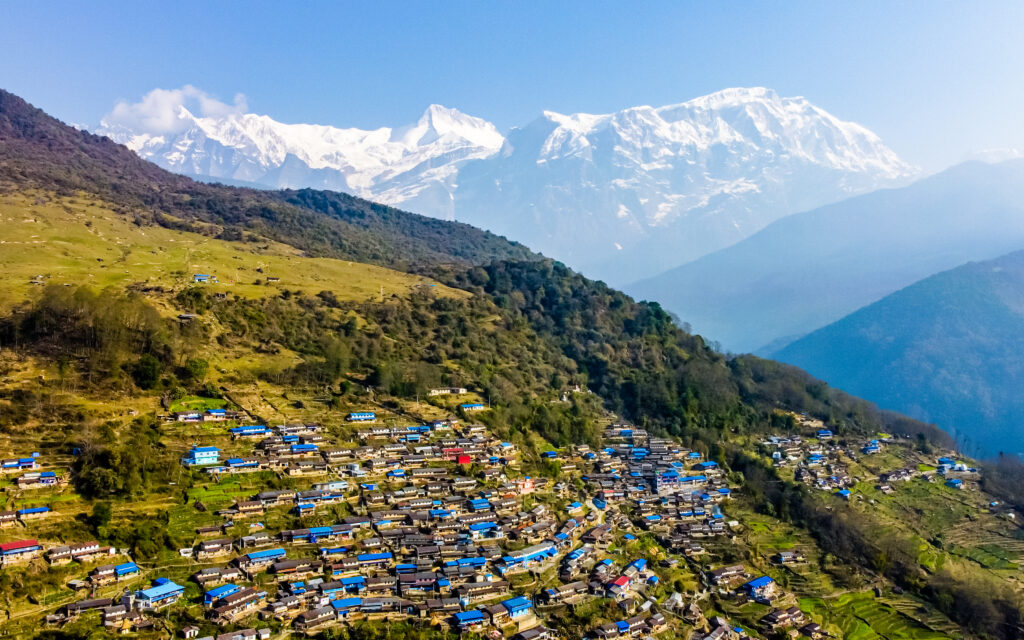
Responsible Tourism: Preserving Nepal for Future Generations
As travelers discover Nepal, there comes a shared responsibility to preserve its natural beauty and cultural heritage. Responsible tourism practices, minimizing environmental impact, respecting local customs, and supporting community initiatives, play a crucial role in sustaining Nepal’s allure for generations.
Conclusion: A Journey to Remember
Nepal, with its towering peaks, diverse cultures, and resilient spirit, invites adventurers and cultural enthusiasts alike to embark on a journey of a lifetime. Whether trekking the Himalayas, immersing in city vibrancy, or contributing to responsible tourism, discovering Nepal is a transformative experience lingering in the hearts of those fortunate enough to explore its wonders.
As the sun sets behind the Himalayan peaks, casting a golden glow on the landscapes, travelers depart with a renewed sense of awe and gratitude, carrying the spirit of Nepal—a spirit that transcends mountains and endures through time.

